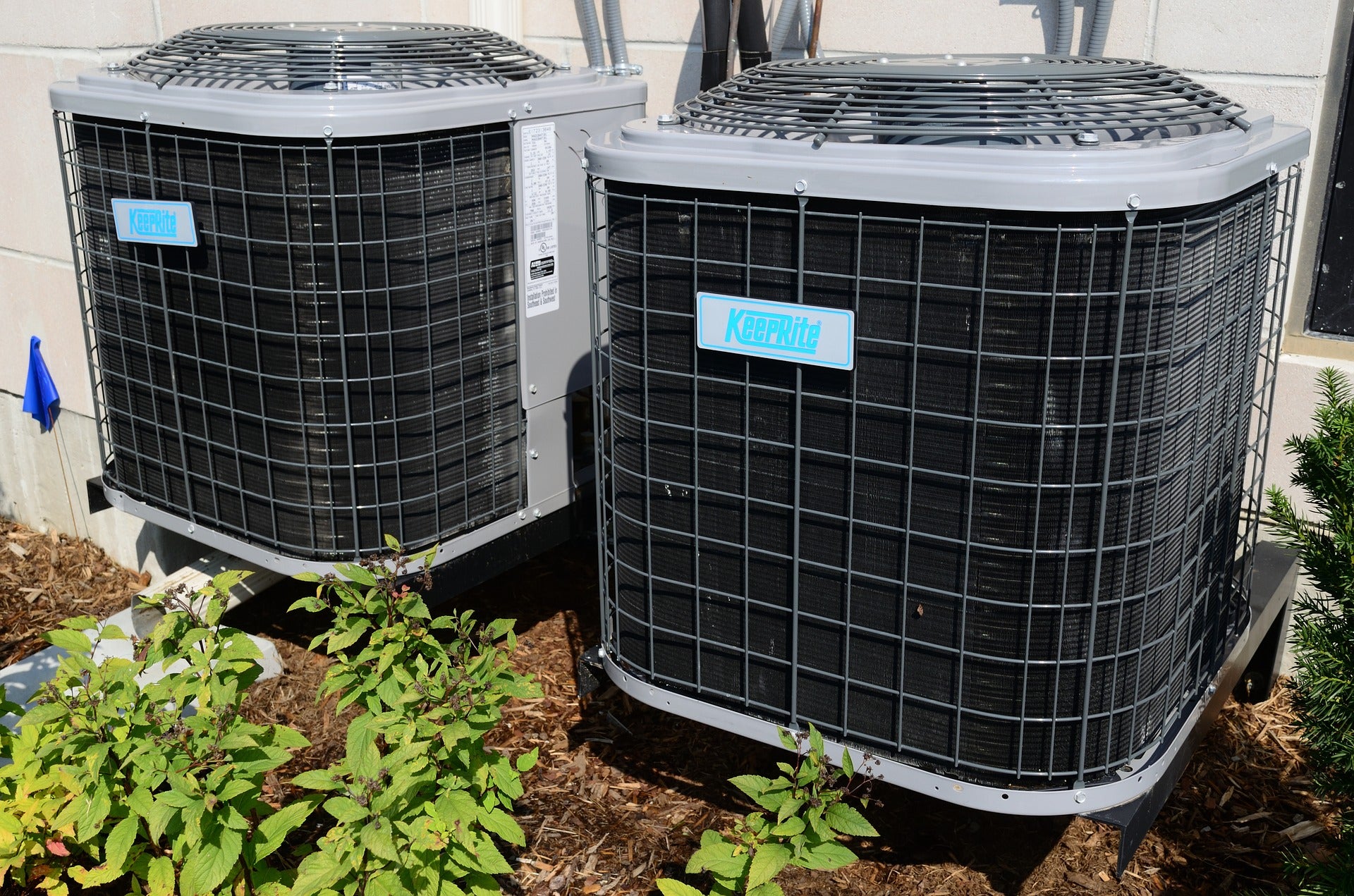Humans like to be warm, but not too warm. Thankfully, we have air conditioning to keep us comfortable when the temperature gets too hot. People like Rex Tillerson, who is richer than Croesus, don’t have to worry about heat waves as the planet gets hotter. He says we will simply adapt, ignoring the fact that genetic adaptation can take hundreds of years if it happens at all. Perhaps we will all simply move to cooler climes — like Greenland and Antarctica — when the polar ice caps melt.

That’s easy for Tillerson to say as he jets around the world in search of comfort. For the rest of us, cranking up the A/C is the only option. That’s what they will be doing in Europe this week as a freakish wave of hot weather sweeps across the Continent. According to the Washington Post, temperatures from Italy to Poland are expected to be 20 to 30 degrees Fahrenheit hotter than normal for this time of year. The thermometer in many parts of Europe reaches as much as 105 F.
In a new study by the International Institute for Applied Systems Analysis, researchers calculated the changes in energy demand that hotter temperatures will trigger. Published in the journal Nature Communications, the study focuses on three fuels and four economic sectors to predict how energy demand could shift relative to the norm today given a variety of global warming scenarios from modest and high temperature increases.
The research suggests that by 2050, climate change will increase the global demand for energy by 11-27% if there is a modest amount of warming, and 25-58% if there is a large amount of warming. Most of the tropics, as well as southern Europe, China, and the US, are likely to experience the highest increases. The largest changes in demand are due to electricity needed for cooling, and occur in the industry and service sectors of the economy.
“An important way in which society will adapt to rising temperatures from climate change is by increasing cooling during hot seasons and decreasing heating during cold seasons. Changes in space conditioning directly impact energy systems, as firms and households demand less natural gas, petroleum, and electricity to meet lower heating needs and more electricity to satisfy higher cooling needs,” explains study coauthor Enrica de Cian from the Ca’ Foscari University of Venice and the Euro-Mediterranean Center on Climate Change.
Co-author Ian Sue Wing at Boston University adds, “Whether future warming will cause the demand for energy to increase or decrease is a crucial question. If energy use rises and leads to additional emissions of heat-trapping greenhouse gases, increased energy consumption for space conditioning could make it more difficult and costly to mitigate future warming. Quantifying this risk requires understanding how the demand for energy by different types of consumers in different climates will be affected by warming. The results of our study can in the future be used to calculate how energy market dynamics will ultimately determine changes in energy consumption and emissions.”
Here is where climate deniers have a field day. The research makes it very clear that the results are imprecise guesstimates based on a complex set of inputs. How various nations and economies react will likely alter some or all of the conclusions. Reactionaries, conservatives, and Republicans can slap their knees and guffaw about those silly scientists and their fancy pants predictions while ignoring the fact that the canary in the coal mine is developing a bad case of bird flu. Their focus is on political power, not heat waves and making rational plans for the future.
Since today is George Orwell’s birthday, it is appropriate to include one of his observations here. “In our age there is no such thing as ‘keeping out of politics.’ All issues are political issues, and politics itself is a mass of lies, evasions, folly, hatred and schizophrenia.” Sums it up nicely, don’t you think?
Bas van Ruijven, a researcher with the IIASA Energy Program and lead author of the study, says, “The lower the level of income per person, the larger the share of income that families need to spend to adapt to a given increase in energy demand. Some scenarios in our study assume continued population growth and in those cases temperature increases by 2050 could expose half a billion people in the lowest-income countries in the Middle-East and Africa to increases in energy demand of 25% or higher. The poor face challenges to adaptation that are not only financial — in areas that have unreliable electricity supplies, or lack grid connections altogether, increased exposure to hot days increases the risk of heat-related illnesses and mortality.”
Rex Tillerson and his entitled friends will barely notice the distress of those on the ground as they fly overhead. Social justice is no concern of theirs. Only making money and empowering tyrants give them pleasure.
Will the world use the information provided by this study to search for more energy efficient cooling technology or to expand renewable energy supplies to low income communities? Not likely. There are wars to be fought and borders to be protected. Maybe we will get around to it, someday.